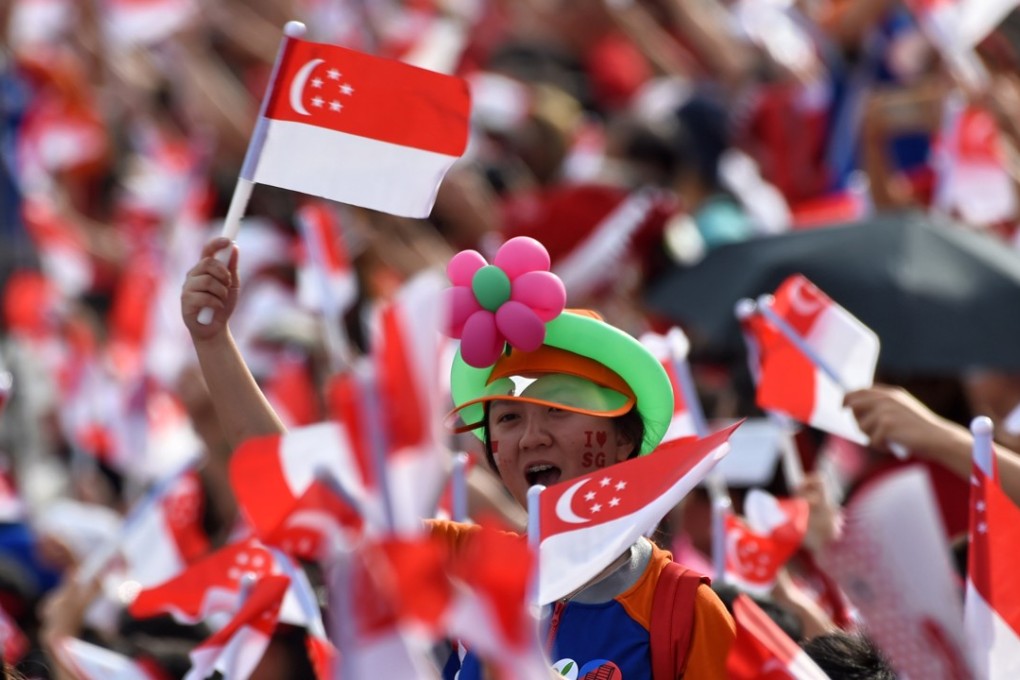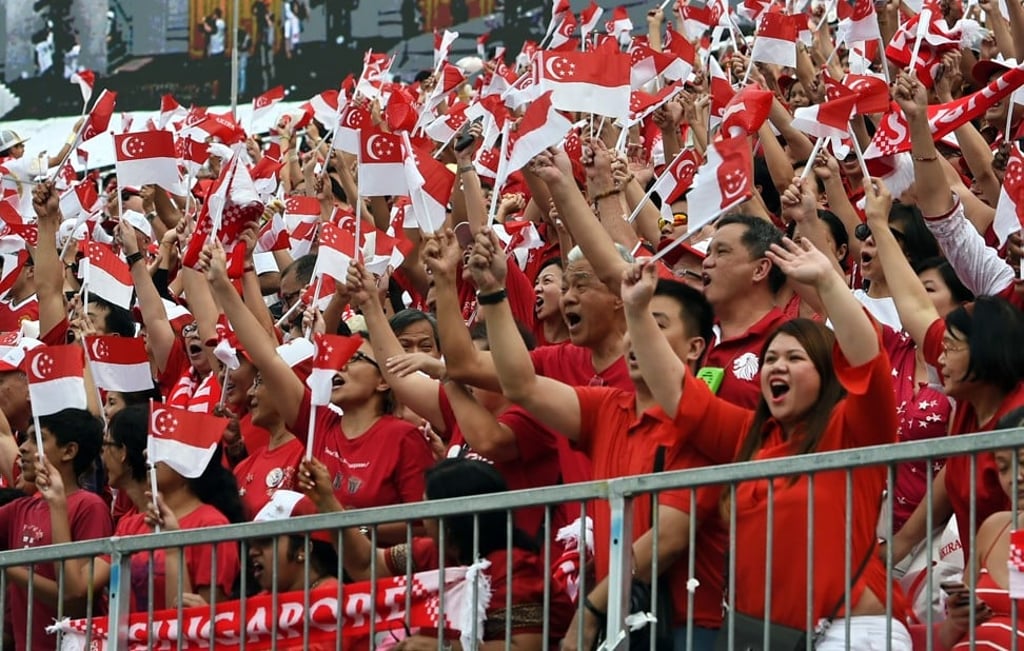What it means to be Singaporean: Lion City citizens at home and overseas share their feelings about nationhood
Singapore National Day is today. We ask Singaporeans about the characteristics that set them apart from other nationalities and, with its identity still evolving, what the city state will be like in another 50 years

Ask Singaporeans about their plans for National Day today and they may tell you they intend to head to the beach or that it’s just another day off work to relax.
Three years ago, when the Southeast Asian republic turned 50, things were different. Large celebrations to mark the occasion were held on home soil and in overseas cities with sizeable Singaporean expatriate populations.
In Melbourne, student association Singaporeans of Victoria organised a black-tie golden jubilee ball, attended by 600 guests. In China, the Singapore Shanghai Business Association staged a love story set in the 1960s about two Chinese immigrants to the Lion City. Meanwhile in London, the Singapore UK Association live-streamed the National Day parade at a special event.

At home, a Singapore “heart map” was compiled, featuring 50 places of significance in the city state suggested by the public. Details about these places – sketches, poetry, photographs and short films crowdsourced from the public – were integrated into the map.
In a young country whose identity is still evolving, and with a large number of citizens who frequently travel overseas, National Day can mean different things to different Singaporeans – especially those living overseas.